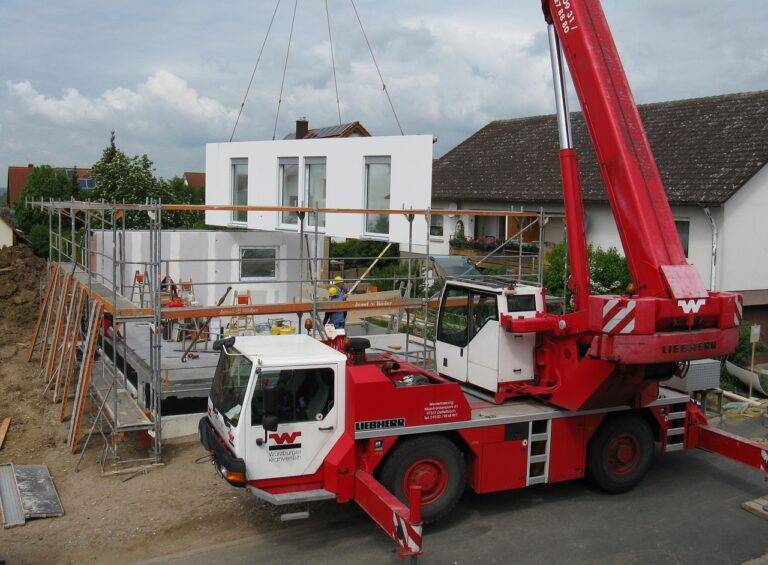Understanding the ROI of Home Renovation Investments
Return on Investment (ROI) is a crucial metric when evaluating the financial impact of home renovation investments. It measures the profitability of a renovation project by comparing the cost of the project to the value it brings. In simple terms, ROI indicates the percentage of return on the money invested in renovating a home, giving homeowners an understanding of the potential financial gains or losses.
For homeowners, understanding ROI is essential as it helps in making informed decisions about where to allocate funds for renovations. By focusing on projects with high ROI, homeowners can ensure that their investments not only enhance their living space but also generate a satisfactory return when it comes time to sell. Ultimately, prioritizing projects with a favorable ROI can lead to increased overall property value and a greater sense of satisfaction with the renovations undertaken.
Identifying key areas of your home that provide the best ROI
When considering home renovations for the purpose of maximizing return on investment (ROI), it is essential to focus on key areas of the home that are known to provide the best returns. One of the most impactful areas to invest in is the kitchen. A modern, well-designed kitchen not only enhances the functionality of the space but also increases the overall value of the home. Updates such as new countertops, cabinets, and appliances can greatly appeal to potential buyers and contribute to a higher ROI.
Another significant area to target for renovations is the bathroom. Upgrading the bathrooms in a home can significantly enhance its appeal and value. Features such as a new vanity, modern fixtures, and updated tiling can make a big difference in how potential buyers perceive the property. Furthermore, improvements to the bathroom can often result in a high ROI when it comes time to sell the home.
Upgrading the kitchen can provide a high ROI
New countertops, cabinets, and appliances can enhance the value of the home
Modern design and functionality are key factors in increasing ROI
Renovating the bathrooms is another area that can offer a good return on investment
Features like new vanities, fixtures, and tiling can improve appeal to buyers
Bathroom improvements often result in a higher ROI during resale
Factors to consider before investing in home renovations
While home renovations can significantly increase the value of your property, it’s crucial to carefully consider certain factors before diving into a project. One key aspect to evaluate is the current market trends and needs of potential buyers in your area. Understanding what features are popular and in demand can help guide your renovation decisions and ensure that you are investing in upgrades that will appeal to a broad range of buyers.
Additionally, it’s important to set a realistic budget and timeline for your renovation project. Calculating the costs involved, including materials, labor, and unexpected expenses, can help prevent overspending and ensure that you stay within your financial means. Setting a clear timeline for the completion of the project can also help you manage expectations and coordinate effectively with contractors and suppliers.
What is ROI and why is it important in home renovation investments?
ROI stands for Return on Investment, which measures the gain or loss generated on an investment relative to the amount of money invested. It is important in home renovation investments because it helps homeowners determine the profitability of their renovation projects.
How can I identify key areas of my home that provide the best ROI?
To identify key areas of your home that provide the best ROI, you can consult with a real estate agent or a home renovation expert. They can provide insights on which renovations are most likely to increase the value of your home and generate a higher return on investment.
What are some factors to consider before investing in home renovations?
Some factors to consider before investing in home renovations include budget, scope of work, timeline, potential return on investment, and the impact of the renovations on the overall value of your home. It’s also important to research local market trends and consult with professionals to make informed decisions.







